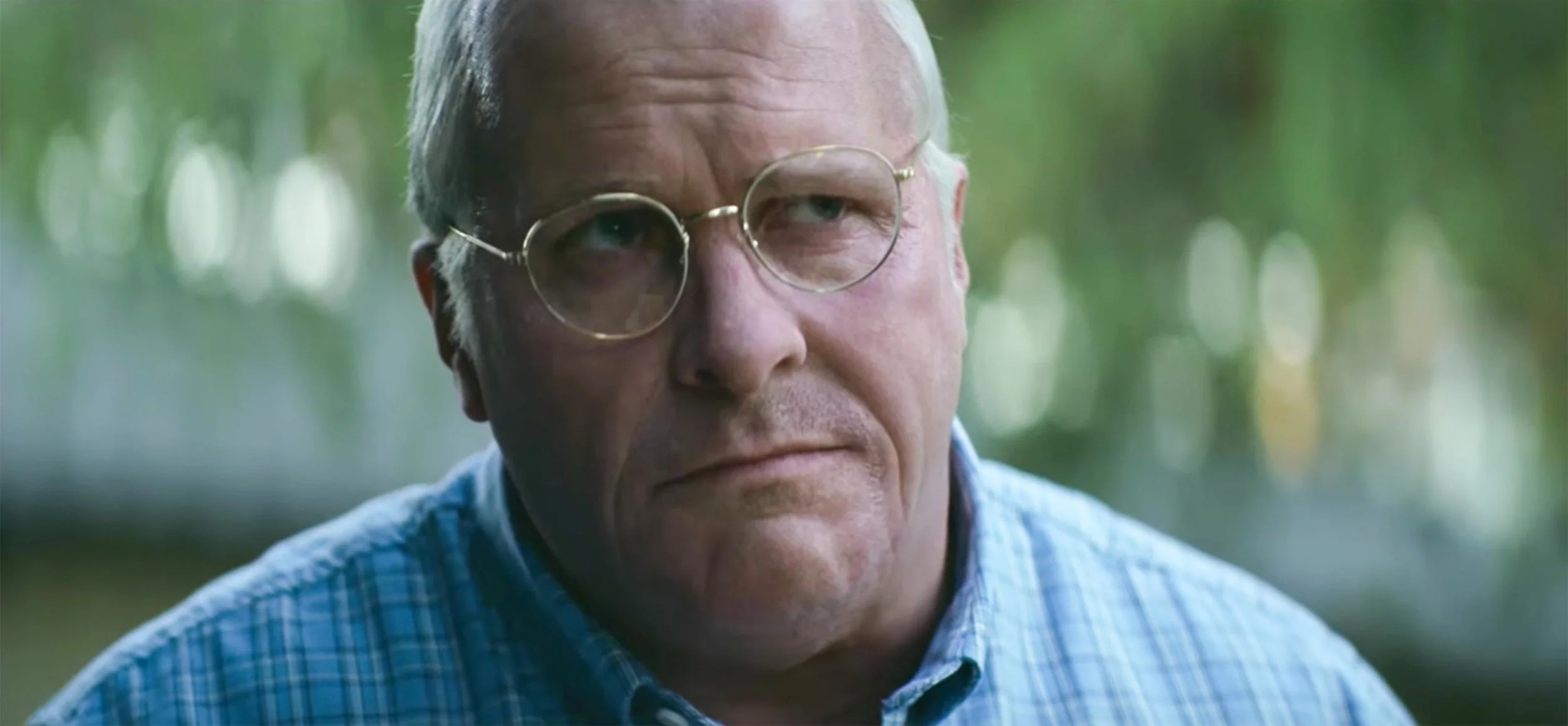Kids, get out your popcorn, and let me tell you a story about the space Viking, Thor Odinson. This isn’t Thor as seen in Kenneth Branagh’s terminally boring 2011 outing, which made the mythical god and his world as dour and operatic as possible. No, this is Taika Waititi’s Thor, which we got a snootful of in Waititi’s previous outing with the character, Thor: Ragnarok. As in that film – which influenced the general comedic direction the character has taken in the non-standalone MCU movies in which he appears – Thor, in Waititi’s hands, is here for a good time. But, it’s important to note, he’s not here only for a good time.
Right below the surface of all the sight gags and screaming goats in Thor: Love and Thunder – I laughed out loud more than once at those giant screaming goats – is effective and heartfelt pathos that gives the picture its emotional anchor. That’s Waititi’s stock-in-trade. As can be seen as far back as 2010’s Boy, through 2014’s What We Do in the Shadows, to 2019’s Jojo Rabbit and his work in the MCU, Waititi uses all the goofy humor to disguise more serious themes. His technique is as fresh and entertaining here in Love and Thunder as it’s ever been.
Read more…
James Mangold’s very manly and patriotic sportscar racing movie Ford v Ferrari is about as slick as big Hollywood blockbusters come. The director with credits as varied as 2001’s Kate & Leopold, the 2007 remake of the classic western 3:10 to Yuma, and not one, but two comic book franchise films about the X-Men’s Wolverine character has turned his craftsperson’s talents to the sports biopic. Ford v Ferrari feels like a movie we might have gotten 20, maybe even 30 years ago. And I mean that in a good, throwback sort of way.
The script – originally penned by Jason Keller and rewritten by screenwriting brothers Jez and John-Henry Butterworth – features, if memory serves, exactly one female speaking part. At one point, that character is reduced to sitting in a lawn chair as she watches our two manly-men heroes resolve their differences with an old-fashioned American fist fight. The rah-rah patriotism of the picture – which only ever flirts with outright jingoism – brings to mind something like Top Gun, but with race cars instead of fighter jets.
All that aside, Ford v Ferrari is also a damn good time at the movies. It’s a crowd-pleaser that offers unadulterated movie spectacle.
Read more…
We all have that acquaintance, friend, or family member who use their Facebook profile solely to antagonize members of their social circle whom they consider their political enemies. These are almost always people who would never do the same thing in a face to face setting. They like to “start shit,” but from the safety of their phone. These people are a shade different from what are popularly known as internet trolls, because they believe in the opinions they’re expressing, so it’s not 100% about getting under their target’s skin. It’s only 75% about that. Vice, Adam McKay’s inflammatory, obnoxious biopic about Dick Cheney, arguably the most destructive vice president in American history, is the cinematic equivalent of these true-believer assholes.
Read more…
Does the revelation that the American financial system is a complete fraud, a rigged game, go down smoother if the message is delivered in the form of a zany mockumentary-style comedy? Director Adam McKay thinks so. The Saturday Night Live alum, whose film work includes outlandish comedies like Anchorman, Talladega Nights, and Step Brothers, brings his trademark screwball style to the inside story of the economic crash of 2008. While the wacky comedy is firmly in place, The Big Short is also a departure for McKay, dealing with some very serious themes like what happens to the rest of us when members of the elite financial system decide to treat the economy like it's a casino. McKay’s sensibilities are a little too over the top for the story he wants to tell, but the director shows great promise at blending comedy and drama.
There’s an obvious comparison to be made to Martin Scorsese’s 2013 film The Wolf of Wall Street. That film dealt with an unscrupulous financial wizard who broke all the rules to make himself a millionaire, and it also uses hyper stylized action and outlandish comedy to tell its story. The reason Wolf works better than The Big Short is because each movie’s goal is different. The Wolf of Wall Street isn’t overly concerned with making the audience understand how Jordan Belfort went about gaming the system. It’s simply a tale of his excesses. The amped up, jittery aesthetic works splendidly to telegraph those excesses. In The Big Short, McKay wants to inform his audience about what went wrong, and he wants us to become angry at the lack of accountability in the aftermath of the crash. The fidgety style McKay employs, while wildly entertaining, distracts from his goals.
Read more...




